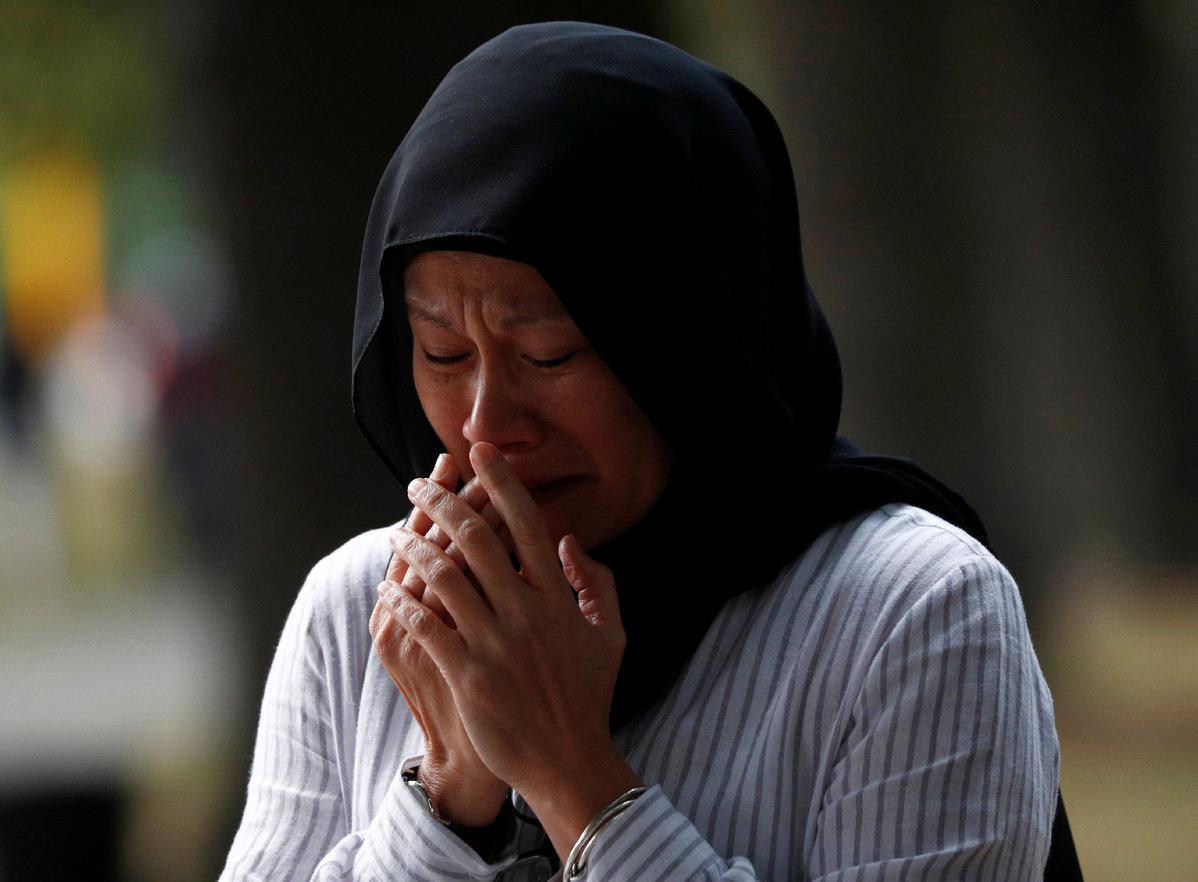Use AI to eliminate extremist content not expand its audience: China Daily editorial


One of the tactics that terrorists routinely embrace is to try to maximize the fear and intimidation that they hope their cruel and inhuman acts will trigger.
Today, the internet makes that easier than ever.
The attacks on two mosques in Christchurch, New Zealand, on Friday, in which 50 people were killed, was livestreamed by the perpetrator on Facebook. And the self-avowed white supremacist accused of the attacks had, before the attacks, published a racist manifesto online in which he tried to justify his murderous intent.
The existing laws in almost all countries already restrict or ban the distribution of such violent content. Yet the success of the attacker in getting his message out — Facebook has already been criticized for failing to act quickly enough to block and remove the viral footage of the mosque killings — speaks of the urgency and necessity for a global alliance to counter the spread of Islamophobic, anti-Semitic, neo-Nazi and other far-right propaganda.
Studies have found that the algorithms used by Facebook and YouTube feed such content to people who are going to be susceptible to it.
Yet in any civilized society, there should be no room for extremists of any persuasion to trumpet hatred and glorify violence.
Thus it could not but raise people’s eyebrows when Turkish President Recep Tayyip Erdogan projected the video of the mosque killings filmed by the attacker on large screens over the weekend during campaign rallies for the local elections. Given that the video was shown to thousands of people at the rallies and was aired live on Turkish television, Erdogan’s move helped serve the purpose of the attacker by publicizing his acts of violence.
Such an election strategy is extremely inappropriate. Erdogan might think that by using the video he could better drive home his point — for example, to draw people’s attention to what he called the rising Islamophobia that the West has ignored. But what about the feelings of the relatives of the victims when the wounds of losing their loved ones are exposed again, not to mention the impact the violent video may have on the mental and physical health of the viewers in general, as well as the possibility that it may serve as an incitement to more violence?
Instead of using the video as political capital, what is needed is concerted efforts to clamp down on the distribution of such materials.
Faced with a world beyond their control, some people seek to shore up their sense of self by setting it in conflict with a threatening other. The internet then acts an echo chamber in which their susceptibility to aggravation of these views can then be shaped into acts of violence. Internet providers, the online platforms and governments must work together as a matter of urgency to tackle the toxicity festering on the web to prevent more atrocities in the future.
































